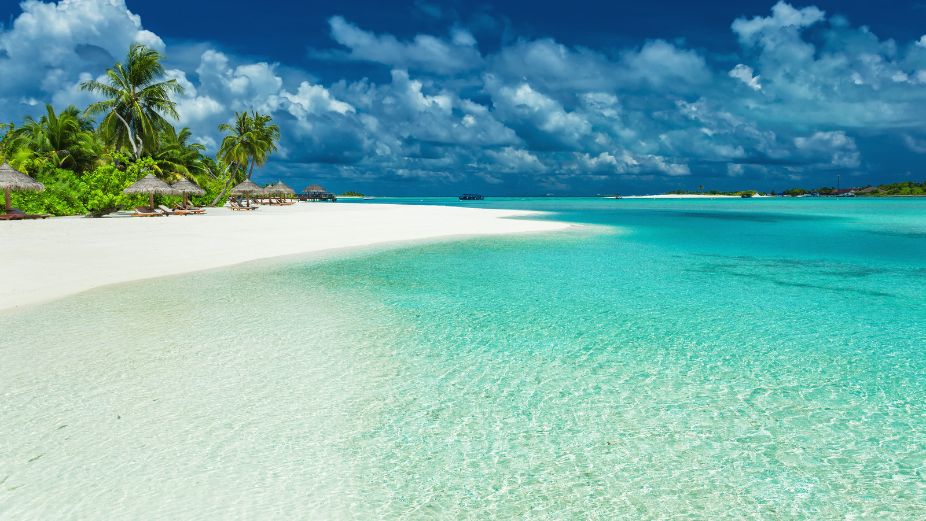
The Maldives Ministry of Finance has released its Green Fund Report for September 2024, providing an in-depth look at the nation’s environmental revenue and expenditure. According to the report, MVR 88.9 million was collected in green tax revenues for the month, while MVR 57.6 million was allocated for projects, with coastal protection receiving the largest share.
Key Allocations in September
The bulk of expenditures focused on protecting vulnerable coastlines, reflecting the Maldives’ ongoing fight against erosion and rising sea levels. Shaviyani Komandoo received the highest allocation, amounting to MVR 38.8 million, to strengthen its coastal defences. Additional funding went to projects in Shaviyani Milandhoo and Noonu Kudafari, with smaller allocations supporting waste management and water supply infrastructure.
Resorts were the largest contributors to the Green Fund, accounting for over 90% of the total collections. Kaafu Atoll led with MVR 31.4 million, followed by Raa Atoll with MVR 10.3 million. Emerging destinations such as Addu City and Fuvahmulah City contributed smaller amounts, highlighting the potential for expanding eco-tourism in these areas.
Cumulatively, the Green Fund has collected MVR 808 million in 2024, with total expenditures reaching MVR 325.6 million. As of September, the fund balance stood at MVR 1.65 billion, enabling continued investment in critical environmental initiatives.
Upcoming Green Tax Hike
The Maldives is preparing for a significant increase in green tax rates starting in January 2025. Under the revised framework, resorts, integrated tourist resorts, resort hotels, and large guesthouses will charge USD 12 per guest per night, double the current rate of USD 6. Smaller guesthouses will see their rates increase to USD 6 per guest per night, up from USD 3.
The increase is expected to generate additional revenue for the Green Fund, enabling larger investments in climate resilience projects, renewable energy infrastructure, and waste-to-energy initiatives. With the Maldives at the forefront of climate change challenges, these funds are critical for meeting long-term environmental goals.
However, the hike also raises concerns about its potential impact on the tourism sector. Industry stakeholders have expressed caution, warning that higher costs could deter budget-conscious travellers, particularly those staying in guesthouses. For smaller tourism operators, maintaining competitiveness in a price-sensitive market will require careful planning and innovation.
Balancing Environmental Goals and Economic Realities
The Maldives faces a dual challenge of safeguarding its natural resources while sustaining its tourism-driven economy. The Green Fund, supported by green tax revenues, has emerged as a cornerstone of the nation’s climate strategy.
The recent focus on coastal protection, waste management, and water supply reflects a commitment to addressing immediate needs. At the same time, the upcoming green tax hike presents an opportunity to scale up investments in renewable energy and eco-tourism, ensuring long-term sustainability.
As the Maldives navigates these challenges, effective collaboration between policymakers, industry stakeholders, and local communities will be essential. By leveraging increased revenues strategically, the country can continue to protect its unique environment while enhancing its global reputation as a leader in sustainable tourism.












